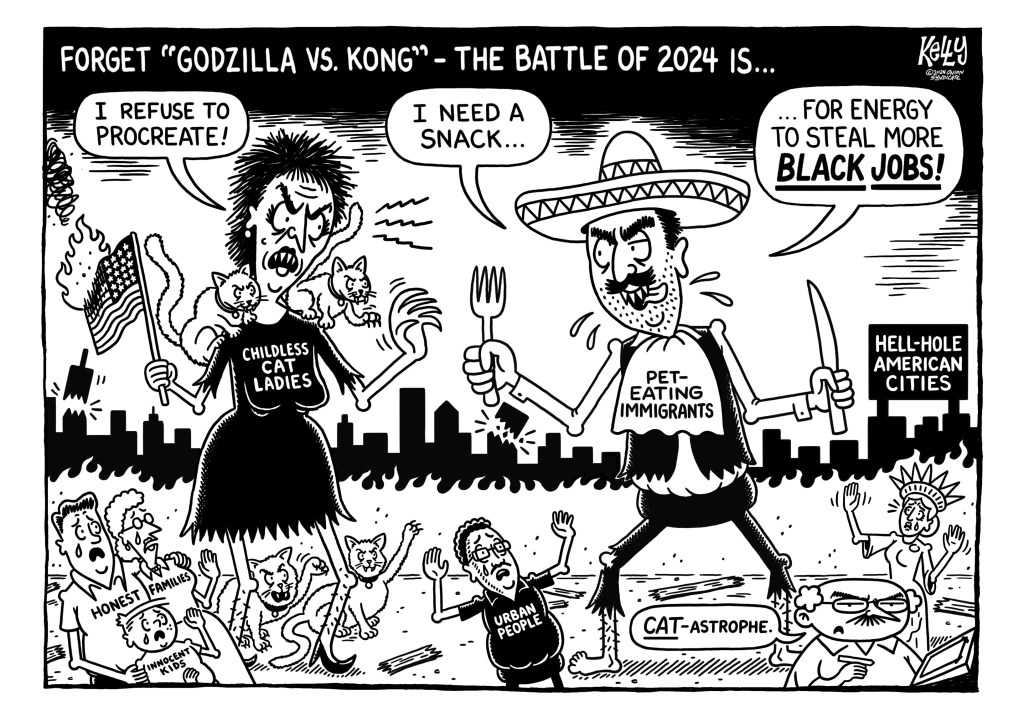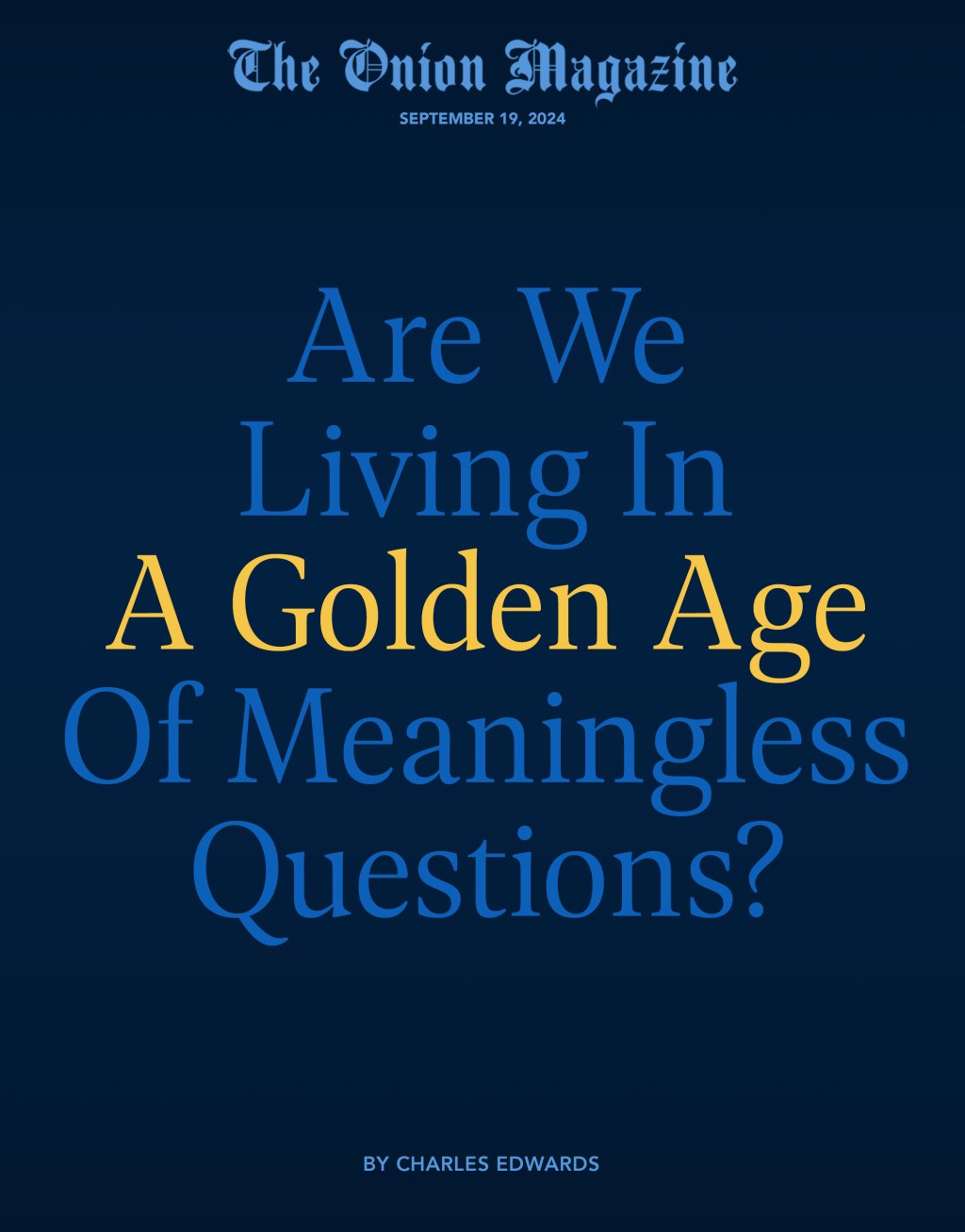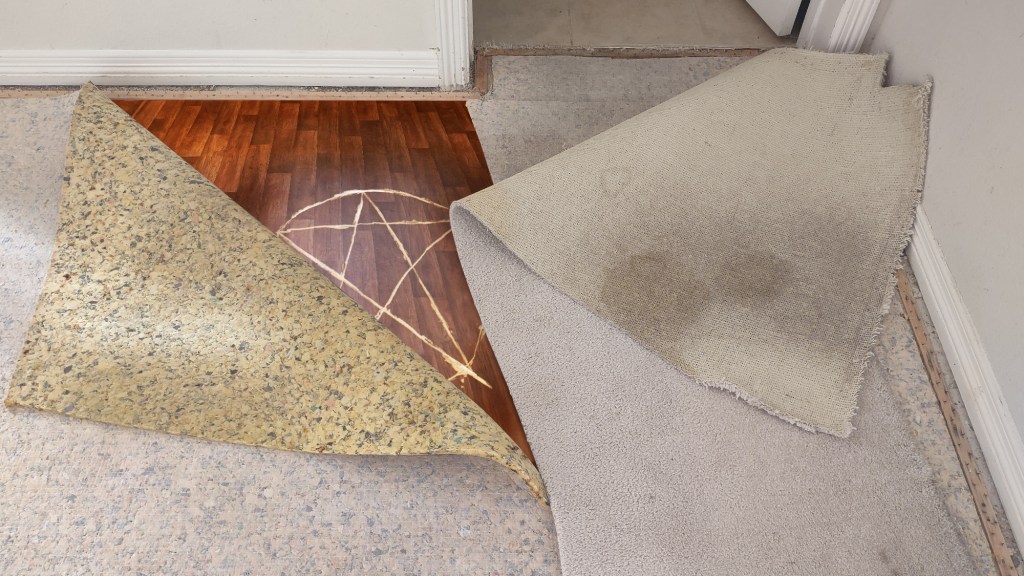WASHINGTON, DC—According to an Environmental Protection Agency report released Monday, nationwide recycling efforts eliminated more than 50 million tons of guilt in 1996. The figure represents the greatest reduction in consumption-related guilt among the American populace in over a decade.

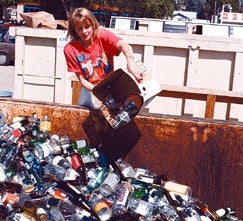
“Thanks to community-based recycling programs across America, landfill waste was reduced by some 70,000 pounds—or .00004 percent—last year,” EPA administrator Carol Browner said. “But even more important, Americans themselves experienced a whopping 47 percent drop in guilt.”
Added Browner: “Just ask anyone who’s ever thrown a Snapple bottle into a special glass-only receptacle during their lunch break and felt good about it the rest of the day—recycling works.”
As recently as 1990, the U.S. consumed 88 percent of the world’s resources and felt 87 percent of its guilt. But by 1995, even though the nation’s share of the world’s consumption actually rose to 90 percent, through the institution of mandatory recycling programs, America’s share of global guilt plummeted to 41 percent.
“I used to feel terrible when I threw out perfectly good things, like a working toaster or TV,” said Francine Dahl of Lawrence, KS. “But now that I recycle a little bit, I could throw out a whole couch and not feel guilty at all.”
According to leading environmental experts, recycling is not the only thing Americans are doing to assuage their guilt.
“People are doing lots of things to make themselves feel better about their fervent participation in our mass consumer culture,” said University of Texas environmental studies professor Arthur Boykin. “They’re supporting companies whose products have pictures of globes on them. They’re buying greeting cards printed on grayish, non-glossy paper that appears to be recycled. They’re wearing T-shirts with pictures of endangered species on them. They’re eating at rainforest-themed restaurants. The list goes on and on.”
Others are taking an even more active role. “We’ve printed and distributed over four million pamphlets to raise awareness about the importance of recycling,” said Lori Herbst, founder of San Francisco’s RecycleUSA! “I can’t believe how successful the pamphlets have been. The city’s drains are literally clogged with them.”
According to EPA spokesperson Patrick Toomer, while most Americans are “doing a tremendous job recycling,” there remain many ways citizens can reduce their guilt even further.
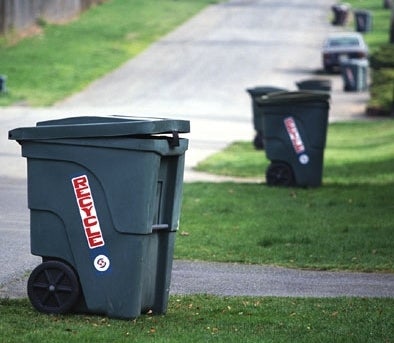
“A ceramic, reusable mug is the most environmentally sound choice for coffee drinkers,” Toomer said. “But a mug only makes you feel good once—at that moment when you first buy it. On the other hand, using a new disposable cup made from recycled materials every single day will make you feel like you’re doing your part to help the environment every single day.”
“You might also want to think about increasing your use of substances that are devastating to the environment, such as freon, plutonium and battery acid,” Toomer continued. “That way, you can enjoy an enormous feeling of social responsibility when you dispose of them properly in special, brightly colored containment units that say ’Eco-Safe’ on them.”
Of course, with worldwide consumption of non-renewable resources at an all-time high, the world will still undergo total environmental collapse by 2065. “But with careful planning,” Toomer said, “guilt levels should remain low right up until then, long after the baby boomers are dead.”
America’s citizens are not the only ones working to reduce waste: Corporate America is also doing its part. “People were concerned about the paper boxes we serve our burgers in, especially since most people throw them away right in the store within two minutes of use,” McDonald’s public relations director Geoff Hanley said. “But now that we print up pamphlets explaining our rainforest policy, people feel much better.”
Such eco-sensitive thinking is not only good for the conscience; it’s good for business.
“Five years ago, my toilet-tissue products were suffering losses in the millions,” said Frank Costello, CEO of PulpCo, Inc. “But ever since we put a tree on our package and a banner reading, ’Made From At Least Five Percent Recycled Post-Consumer Waste,’ our sales have gone through the roof. We can barely cut down trees fast enough to meet the demand. I guess the bottom line is, for me, recycling is all about green.”




